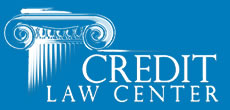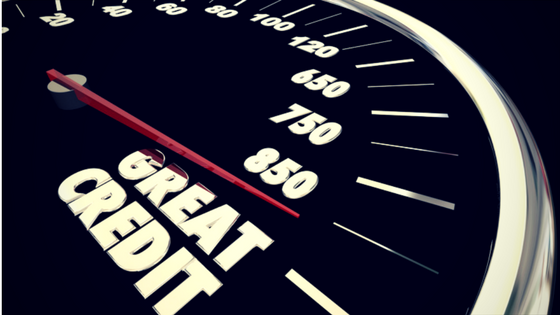So you want to buy a house, but your credit score is 675 instead of 720 which will get you the best rate on a home loan. If you want to raise your credit score quickly, there are some steps you can take that can guarantee an exceptional home loan or any other credit line for that matter.
The Blueprint to a High Credit Score.
The blueprint for getting a great score is to pay your bills on time, keep account balances low, and take out new credit only when you need it. Those who follow this blueprint faithfully have very high credit scores. It usually means you are cautious and conservative about credit. Credit scores are not something you want to take lightly.
Sounds easy enough right? Great advice, but let’s face it following these basic principals takes time. What if you are house hunting and need a few extra points to bump you over the line to exceptional rates?
How to Raise Your Credit Score Quickly When You Need a Few Extra Points
The first place to start is with your credit report. Make sure to check it over and find out what your credit score is right now. Review your credit report to make sure all the information is reporting accurate. You will want to concentrate on correcting any errors by following the dispute process. Look for errors such as accounts that are not yours, late payments that you paid on time, debts you paid off that are showing as outstanding, or old debt that shouldn’t be reported any longer. Negative items are supposed to be deleted after seven years, except for bankruptcies, which can stay as long as ten years.
After repairing any errors, the quickest route to a better score is paying down balances on credit cards. There’s no silver bullet, but over a 60 day period, it is possible to raise increase your score by twenty points, by paying down your credit lines.
Things You Should Not Do To Raise Credit Score
One thing you should not do if you are just trying to boost your score is close unused accounts. If someone tells you to close unused accounts to raise your score quickly, he or she is pulling your leg. Actually, it harms your credit score.
Closing unused accounts without paying down your debt changes your utilization ratio, which is the amount of your total debt divided by your total available credit. You appear closer to maxing out your accounts. That is why your score can drop. It does not mean people should not close them, but don’t close them to improve your score.

